Eid Al Adha, also known as the Festival of Sacrifice, is one of the most significant Islamic festivals celebrated by millions of Muslims around the world. This joyous occasion commemorates the willingness of the Prophet Ibrahim (Abraham) to sacrifice his son Ismail as an act of obedience to Allah.
Eid Al Adha falls on the 10th day of the Islamic month of Dhul Hijjah, which is the last month of the Islamic lunar calendar. The date may vary each year in the Gregorian calendar as it is determined by the sighting of the moon. This year, Hajj will start on Monday 26 June (Tuesday 27 June NZ time), following the sighting of the moon in Saudi Arabia and Eid Al Adha will be celebrated three days later, on Wednesday 28 June (Thursday 29 June NZ time).
Eid Al Adha holds great religious and cultural importance for Muslims. It serves as a reminder of Prophet Ibrahim's devotion and trust in Allah. According to Islamic tradition, just as Ibrahim was about to sacrifice his son, Allah intervened and replaced the son with a lamb, symbolizing the ultimate act of submission. The festival symbolizes faith, sacrifice, and the importance of obedience to Allah's commands.
Eid Al Adha spans over three days and is marked by several customs and rituals. Here are some of the significant traditions associated with this joyous occasion:
-
The Pilgrimage to Mecca
Eid Al Adha coincides with the Hajj pilgrimage, one of the Five Pillars of Islam. Muslims from around the world gather in Mecca to perform various rituals, including the symbolic stoning of the devil, circumambulation of the Kaaba, and the sacrifice of an animal. -
The Sacrificial Animal
One of the central elements of Eid Al Adha is the sacrifice of an animal, typically a goat, sheep, cow, or camel. This act is performed to commemorate Prophet Ibrahim's willingness to sacrifice his son. The meat from the sacrificed animal is divided into three parts: one for the family, one for friends and relatives, and one for the less fortunate. -
Prayers and Sermons
On the morning of Eid, Muslims gather at mosques or open prayer grounds to perform special prayers known as Salat al-Eid. These prayers are led by an imam and are followed by a sermon that emphasizes the values of sacrifice, charity, and unity. -
Celebration and Festivities
Eid Al Adha is a time of celebration, togetherness, and spreading joy. Families and friends come together to share meals, exchange gifts, and visit one another. Delicious feasts are prepared, featuring traditional dishes and sweets, adding to the festive atmosphere. It is also common for people to dress in new clothes and adorn their homes with decorations. -
Acts of Charity and Giving
Eid Al Adha encourages Muslims to practice acts of charity and generosity. Many Muslims use this occasion to donate to the less fortunate, giving them an opportunity to partake in the festivities and share in the blessings of the festival. Charitable acts may include providing food, clothing, or financial assistance to those in need.
Eid Al Adha is a time of deep spiritual reflection, gratitude, and celebration for Muslims worldwide. Through the rituals of sacrifice, prayer, and acts of charity, this festival serves as a reminder of the values of faith, obedience, and compassion. It brings families, friends, and communities closer together as they unite in their devotion to Allah and their commitment to helping others. Eid Al Adha is a testament to the enduring spirit of Islam and the power of selflessness and love.
As Muslims around the world observe Eid Al Adha, they embrace the spirit of sacrifice and strive to emulate the noble qualities exemplified by Prophet Ibrahim. It is a time of spiritual rejuvenation, gratitude, and spreading joy and kindness to others. Eid Al Adha serves as a reminder of the principles that form the foundation of Islam and encourages Muslims to embody these principles in their daily lives.
Eid Mubarak!
Eid-al-Adha resources
Find Eid resources in our collection.
Farah Naz
Hornby Library


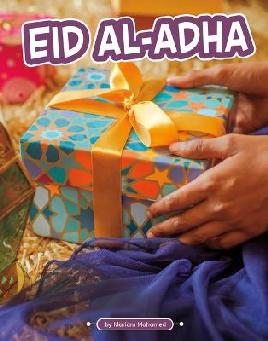
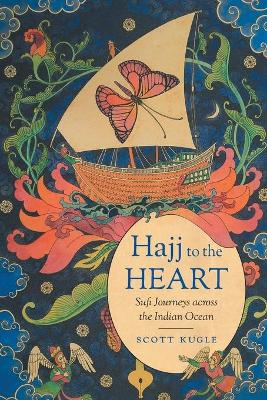
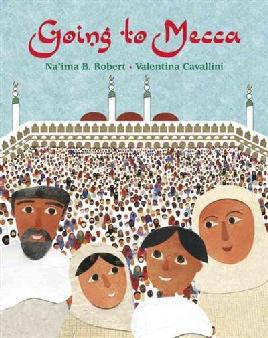
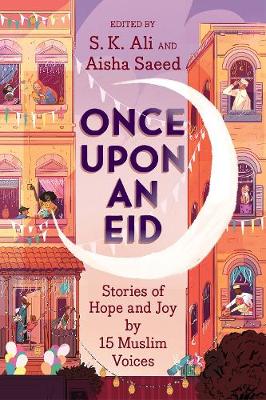
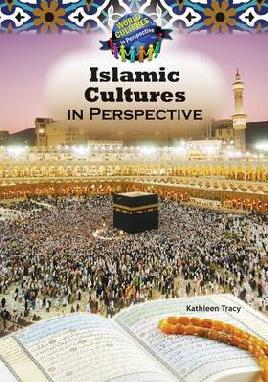
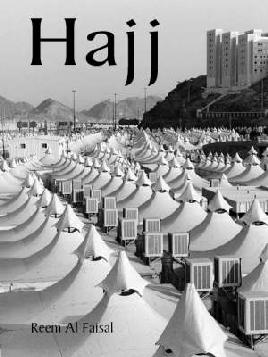
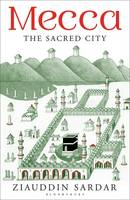

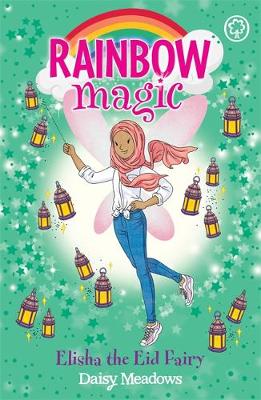
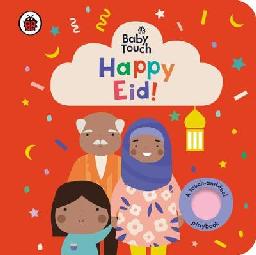
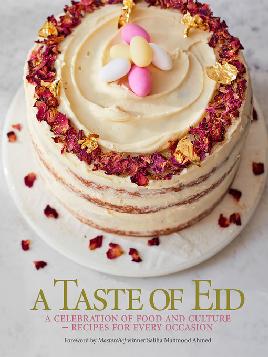
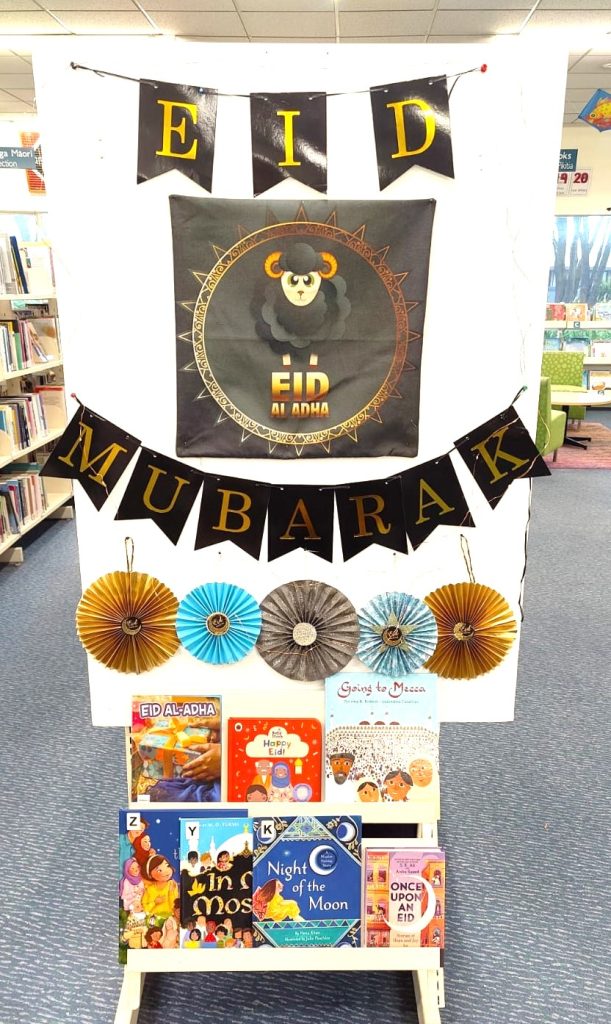

Add a comment to: Eid Al Adha: The Festival of Sacrifice